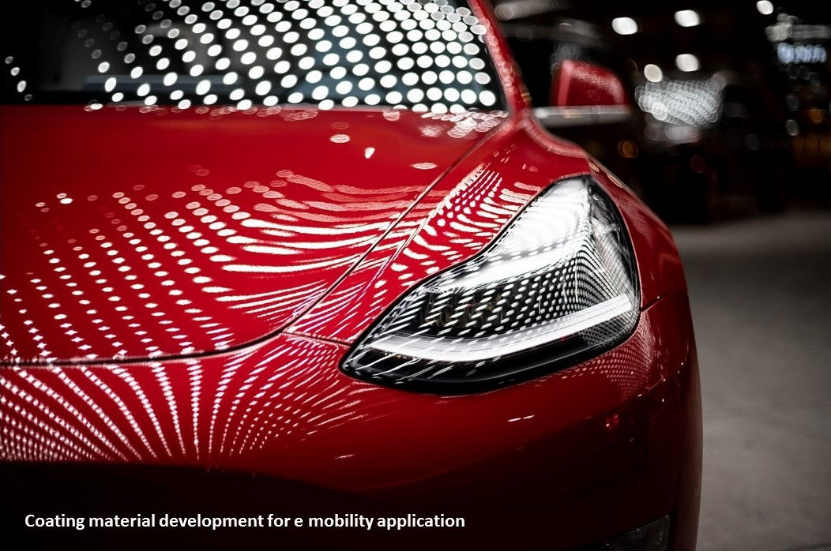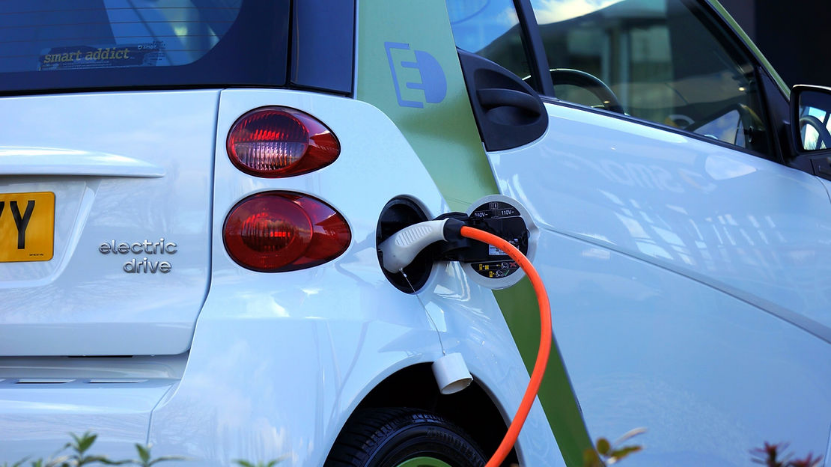Advanced coatings by Physical Vapour Deposition (PVD) are the critical needs for wide range of industrial applications. Initially, these coatings were developed with an aim to apply in machining tool industries but later extended to decorative purposes as well.
Worldwide 1,35 Billion cars are moving around. The majority combustion engines.
Though the surge in PVD market for decorative coatings is exponentially increasing, machining tool industries have been the major motivator for the growth and development of coating industries for past 5 decades until 2015.
The major decision to end the production of fuel based automotive impact the tool industries substantially and subsequently the heat is also felt on the PVD industries thrive on coating the tools.

The race for e-mobility is moving faster than expected
Within the next 10 years car producer like Volvo or Jaguar Land Rover will stop producing combustion engines in 2030.
Also, history will well mark the General Motors’ decision to jump from fuel-driven cars to electric cars. At the beginning of this year 2021, General Motors has made a strategic mark its calendar to stop producing fuel engines in 2035.
Daimlers' goal: selling only emission-free cars by 2039
Alternative energy sources and technologies for automobiles are heaving to gain a big share.

E-mobility: alternative energy sources with PVD technology
Fuel cells and batteries are the popular and preferred alternative energy sources for automobiles. A fuel cell combines hydrogen and oxygen to produce electricity, heat, and water. Similar to batteries, fuel cells convert the energy produced by a chemical reaction into usable electric power. However, the fuel cell will produce electricity as long as hydrogen is supplied, and unlike battery fuel cell never loses its charge.
Evidently, the industry is going to invest their time, energy, and money in PVD technology for alternative energy sources for automobiles at this right time will certainly have a big fortune, if they draw their strategies clearly.
Certain coating materials are specifically developed for insulation layer in batteries and proton exchange membrane in fuel cells. Importantly, the demand for such materials keeps increasing in decorative market as well, where ultra-smooth decorative coatings by arcs are still a challenge.
HiPIMS is an option for ultra-smooth decorative coatings but achieving the uniformity in 3-D parts is still a great challenge for many industries.
However there is a solution through cathode design and operating procedures to circumvent that limitations.
Specially developed arc evaporation cathodes with unique bonding layer and accurate alloy doping are excellent candidates for delivering coatings with comprehensive functionalities for batteries and fuel cells.
Such products developed to negate the conventional limitation by arc cathodes helps PVD technology to fabricate fuel cells in single-step process, achieve coatings for batteries and by the way, ultra-smooth coatings with accurate color for decorative applications.
The process tailored with experience and expertise deliver high deposition rate, helps you to gain better productivity, while lowering the surface roughness and delivering performance supremacy.
If you are curious and want more information about our products and services, please do not hesitate to contact me grace-gu@nuoqitarget.com

Scan and pay attention to the public number